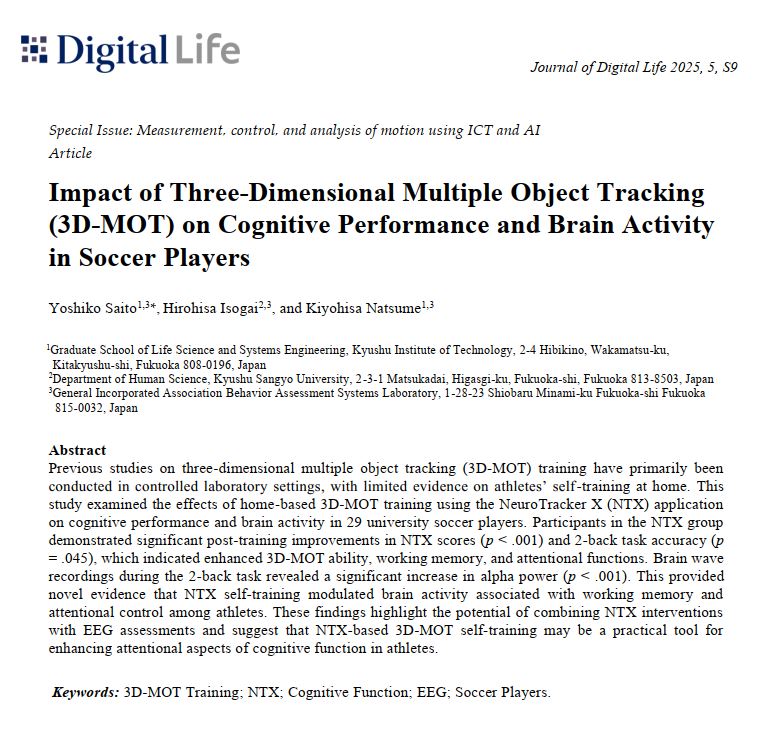Welcome to the Research and Strategy Services at in today's fast-paced.


Two new studies have shown strong health links between physical and mental domains in aging. The first study sought to clarify the long term effects of exercise on brain health. Although many studies have indicated a positive relationship between physical fitness and cognitive health, some findings have been inconsistent. A large population of 3,714 healthy older people (av. 70yrs old) were tracked for exercise habits over 10 year period, followed by cognitive assessments which included MRI scans for close to 2,000 of the participants.
During the study approximately 10% of the participants developed dementia, of which most were diagnosed with Alzheimer’s Disease. Participants with low exercise levels had a risk of dementia approximately 50% higher than those with higher exercise levels, signifying that exercise carries protective effects for cognitive health. Correspondingly, the MRI scans also found that greater levels of exercise correlated to larger total brain volumes. The bottom line is that a reduced risk of dementia and higher brain volumes may be additional health benefits of maintaining physical activity into old age.
The second study looked at balance abilities in in 578 healthy people aged 90 and older. The participants were assessed on standing balance and a four meter walking test every six months, over a two and a half year period. Neurological examinations revealed that 40% of the participants developed some level of dementia during study, and that this was significantly linked to poor performance on the physical tests. The researchers suggested that balance requires complex brain activity, and testing it may help doctors predict those at most risk for developing dementia, with the aim of providing prevention programs and treatment strategies. As balance impairments are typically more recognizable than psychological factors, this may also help people recognise signs of dementia in friends and family at early stages.
These type of research findings show that cognitive and physical health are being more and more understood as closely related to each other, and could offer an important research direction for helping us all age more healthily.
Physical Activity, Brain Volume, and Dementia Risk: The Framingham Study.
Sound Body Sound Mind? Physical Performance and the Risk of Dementia in the Oldest-Old: The 90+ Study







Welcome to the Research and Strategy Services at in today's fast-paced.

You improved your sleep — but your focus didn’t change. This guide explains how circadian timing, cognitive load, and recovery patterns influence attention beyond sleep duration alone.

If your thinking feels slower than usual, it doesn’t automatically mean something is wrong. This guide explains common short-term causes, normal cognitive variability, and how to interpret changes calmly over time.

Many professional roles require cognitive performance to be sustained over long periods rather than demonstrated briefly. This article explains how sustained cognitive load shapes performance in knowledge-work and monitoring environments.
.png)